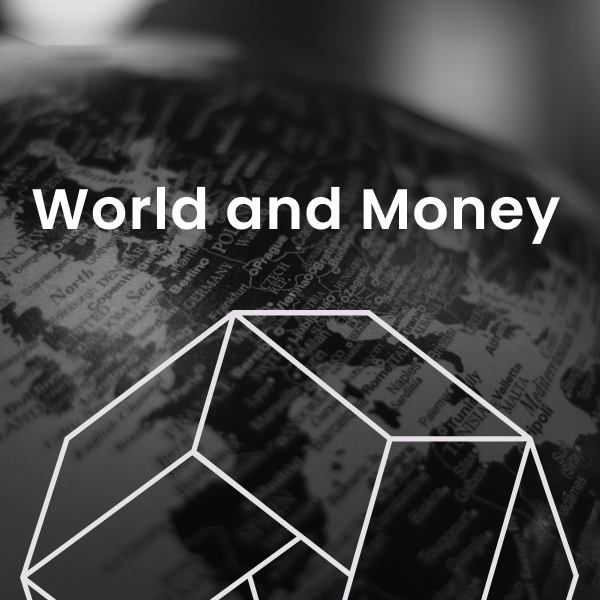

Soft Savings Trend: How Gen Z Approaches Personal Finance
12/18/2023There's a new financial trend on the block, and it's taking Gen Z by storm.
Meet #softsaving, a movement that's shaking up the traditional norms of saving and investing.
Popularized on platforms like TikTok, this fresh approach to personal finance is a far cry from the methods older generations grew up with.
But what exactly is soft saving, and why is it capturing the hearts and minds of our children?
Let's explore this intriguing trend and understand what it means for the next generation's financial future.
Understanding the Soft Saving Phenomenon
Soft saving is more than a financial strategy. It's a lifestyle choice that reflects Gen Z's unique values and priorities.
Unlike the previous generation, which focused on long-term goals like homeownership and hefty investment accounts, Gen Z is redefining success. They prioritize personal growth, mental well-being, and immediate life experiences over distant financial goals.
Think of it this way: this isn't about stashing away cash. It's about a richer approach to life, where investing in today's happiness and fulfillment takes center stage. It's about enjoying the present, not just preparing for the future.
Balancing Short-Term Enjoyment with Long-Term Security
Financial studies show that Gen Z is reluctant to set long-term financial goals. Almost 75% of them worry about the economy's instability. This uncertainty fuels their preference for quality of life over traditional savings. It’s a mindset that embraces flexibility and acknowledges the unpredictability of the future.
However, financial experts caution against leaning too heavily into soft saving. Certified financial planners emphasize the importance of balancing immediate desires with long-term security. Unexpected financial emergencies, they argue, can quickly escalate without a safety net.
And don’t overlook the power of compound interest. Financial planner Bobbi Rebell emphasizes the importance of early saving and investing.
Imagine someone begins saving €100 monthly at age 25 and continues until age 65, with an annual interest rate of 7%. Over these 40 years, their total investment of €48,000 would grow to approximately €264,012.
Contrast this with someone who starts saving the same amount, but 10 years later, at age 35. With the same interest rate over 30 years, their total investment of €36,000 would amount to about €122,709.
The earlier you start saving, the more your money grows.
Soft Saving in Action: Practical Strategies
So, how do you practice soft saving effectively? The key lies in moderation and mindful spending. Here are some strategies:
- Pause Before Purchasing: Ask yourself if your purchase is a need or a fleeting desire.
- Downgrade Reasonably: Review your bank statements and cut back on non-essential expenses.
- Limit Impulse Buys: Implement a 24-hour rule before making unplanned purchases.
- Cash Over Cards: Use cash for discretionary spending to feel the impact of your expenditure.
- No-Spend Days: Designate certain days of the week as no-spend days.




